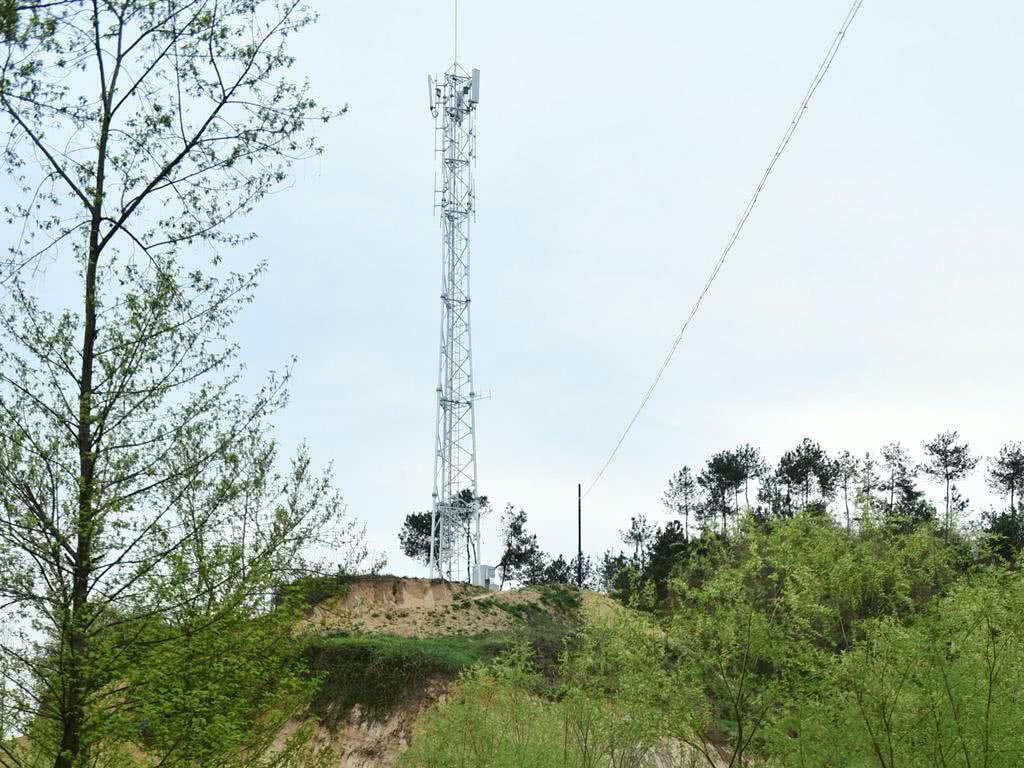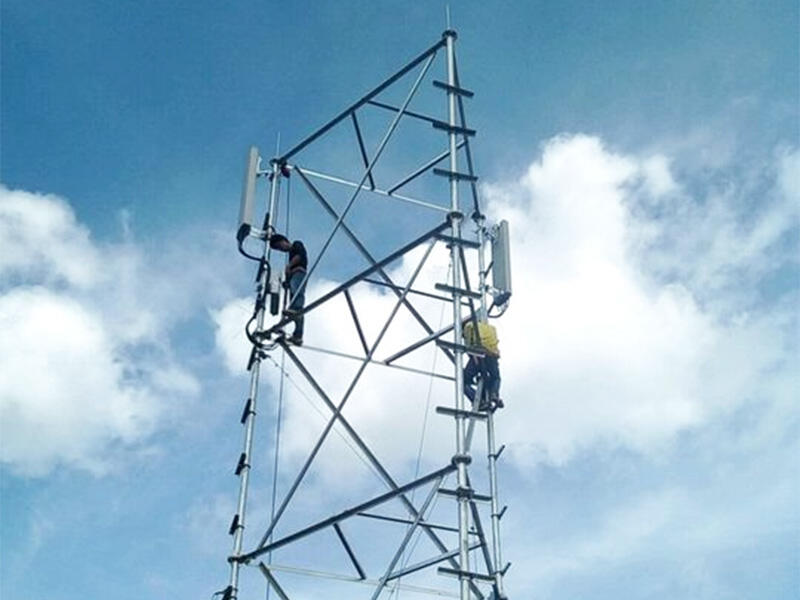Currently, baseband station boards possess immense value in increasing the dependability and performance of a given network. These boards have a prime role in the telecom system since they do network signal processing along with data traffic management. With the growing demands for internet speed, baseband station boards become a necessity for telecom operators as well as service providers.
The baseband station boards are of prime importance to the telecom networks as they serve as an integration point for the various pieces of the network. The processing involved in the Servicing baseband signals for data transmission and reception through various media is quite extensive. The technology integrated with the boards helps in managing data traffic much more effectively so that the operators can handle much larger volumes of data and still ensure accuracy in time critical operations.
Design flexibility permits the baseband station boards to support an extensive array of communication standards. As 5G technology is being viewed as the next benchmark, these boards are additionally flexible in their design regarding various protocols and frequencies. Furthermore, these strengthen the network while allowing telecom operators to safeguard their funds spent on new technologies. Deploying multiuse baseband station boards that change with technology helps companies stay competitive in the industry.
As well as data processing, baseband station boards interface with their respective baseband stations for network optimization and management. These boards have sophisticated algorithms that are able to monitor and adjust network parameters current to changes in conditions in real time. This is more critical in metropolitan regions where service may deteriorate because of congestion. With baseband station boards, operators gain more control over resources which improves user experience.
There is still a very optimistic outlook for baseband station boards. Adaptable stations are being designed with new innovations that increase their capabilities. The rise of intelligent networks is expected to integrate the AI and machine learning into telecom operators’ baseband procerssing the infrastructure management of many and severely enhance operational cost efficiency while telecom services are rendered available to larger populations.
It is clear, however, that the role of baseband station boards in modern telecommunication is hard to ignore. Their capacity and signal processing, standard multi-supporting, and network optimization features underline why they are prominent within the industry. Advancing technology will continues to drive transformation but further development of these boards will ultimately lead to faster, more telecommunication systems that are reliable and efficient.








